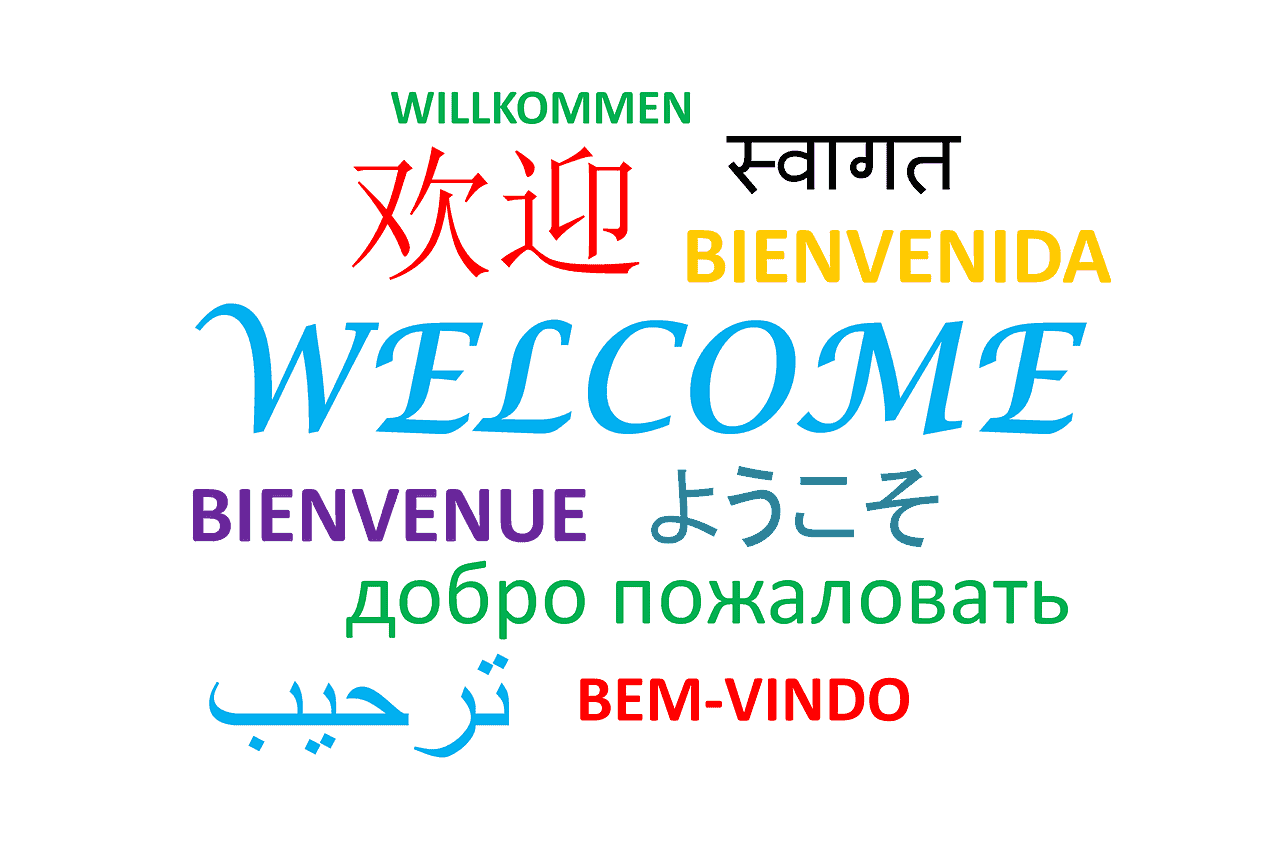What is linguistics?
Well one common response might be, “the study of language”. It is possible that from then on the respondent might then continue down this particular path of reasoning and thought and further elaborate that the “study of language” is on how languages work including their grammar, vocabulary and pronunciation (or to sound more technical “phonology”). Well though that’s not completely right, there’s more to linguistics then simply the mechanics of a language.
However I don’t wish to make this article a very dry, overly technical elaborate explanation of the multi-disciplinary and diverse set of sciences all categorized under the umbrella of ‘linguistics’ but more of a comfortable, easy introduction. So let’s skip the basic stuff about linguistics being about what language is, how it works and comparisons of different languages and their histories but on to some things certain people may not be familiar with.

Neurolinguistics: The study of the brain and how it processes language. This field of linguistics obviously overlaps with the world of the natural sciences namely biology. Incidentally studies have shown that studying a language can improve your mental freshness and memory and delay dementia when you get older.
Applied linguistics: This is more geared towards helping people with real world problems or issues rather than an academic study in to things such as the possible grammatical features of certain languages which may or may not have existed a millenia or two ago, though topics such as that can definitely be fascinating and useful. It can be used in planning how to teach languages, creating text books, helping people with literacy problems and so on.
Computational linguistics:
Computational linguistics can involve dealing with IT and human language. For example it can involve things such as computer programmes that help in the auto-translation of texts e.g. Google translate. It can also relate to speech recognition so for instance this particular field can extend to personalised speech recognition for mobile phones and apps or even banking.
This is just a brief overview of linguistics but in the future we plan to have more articles which may elaborate some of the points and topics raised here.
If you have any questions or thoughts please feel free to write in the comments section!




